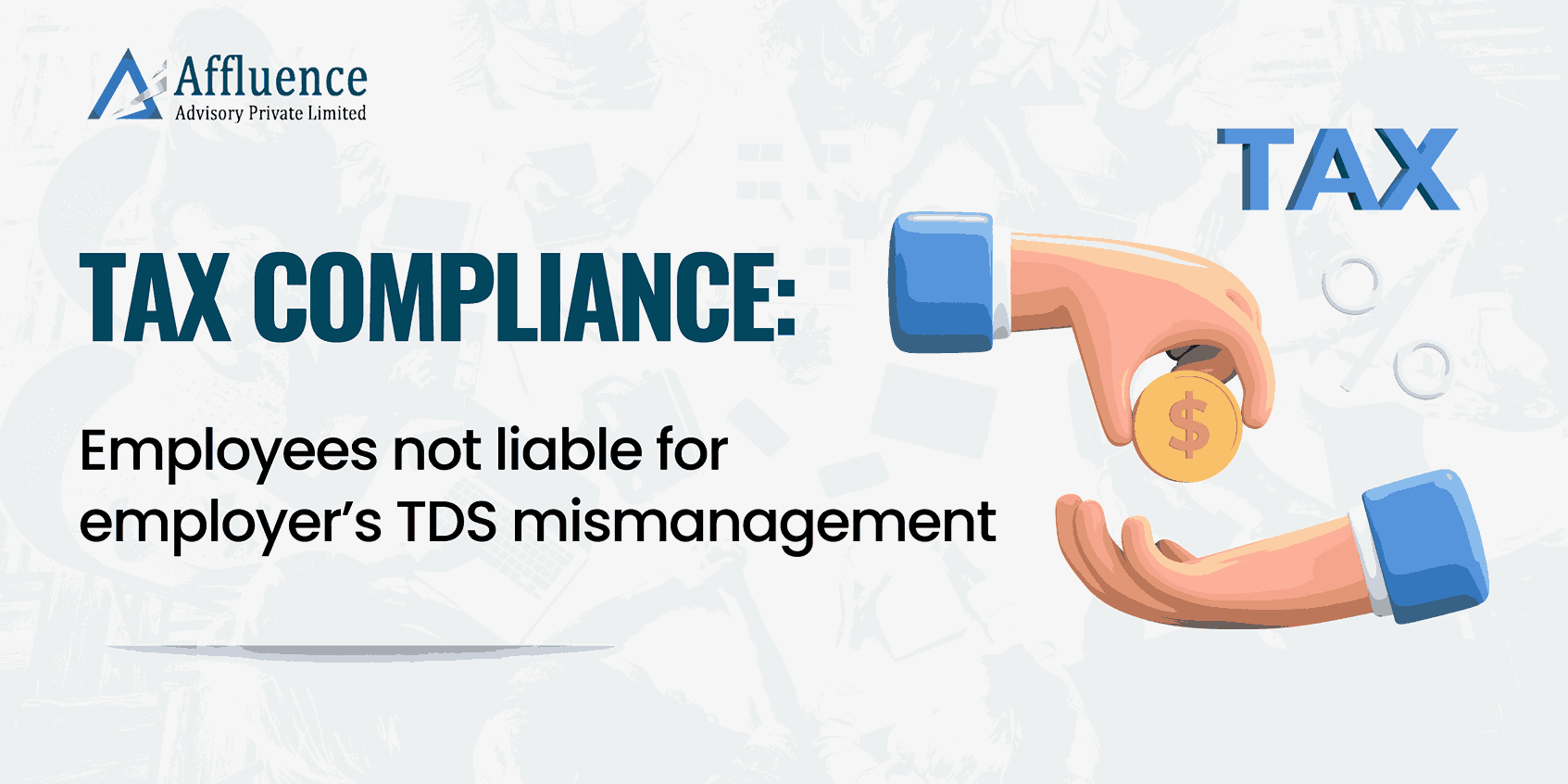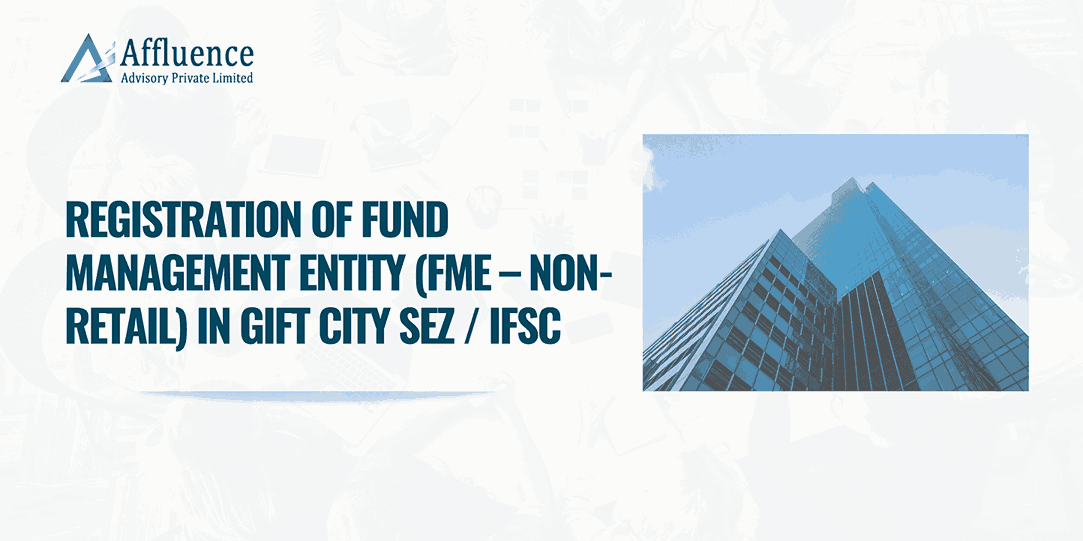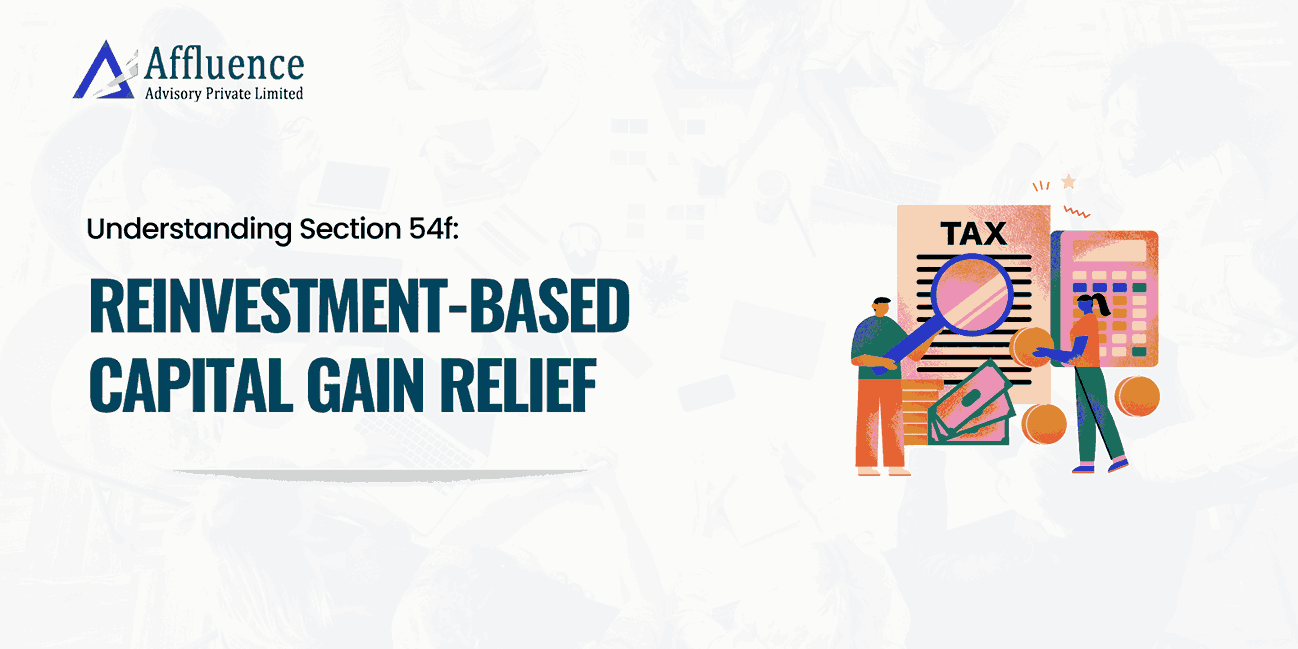Under the Income-tax Act, 1961 (“Act”), when a person earns income which is chargeable to tax, such person is required to pay taxes on the income earned. However, as per chapter XVII of the Act the onus lies on the payor/ deductor to withhold taxes before making such payments. Further, where such payor / deductor does not withhold taxes, the payor / deductor may be treated as an assessee-in-default in terms of section 201 of the Act. Consequently, penalty proceedings may be initiated against such payor/deductor.
Now naturally, when the onus of deducting taxes is with the payor / deductor, the onus of depositing such taxes must also lie with such payor / deductor. However, the income-tax authorities, have, at times, held the recipient of such income to be as an assessee-in-default. It would be pertinent to note that for credit of Tax Deducted at Source (“TDS”), various provisions have been prescribed in Act and Income-tax Rules, 1962 (“Rules”). Section 199 of the Act has prescribed certain procedure, as per sub-section (1) of section 199, if any deduction is made under the Chapter-XVII and paid to the Central Government, then same is to be considered as payment of tax on behalf of the person from whose income the deduction was made. Further, sub-section (3) authorizes the Central Board of Direct Taxes (“CBDT’’) to frame Rules for facilitating credit to be given in respect of tax deducted.
In terms of section 199(3) of the Act, CBDT has the power to frame rules, and in this regard, as per clause 4 of the rule 37BA, the credit of the taxes deducted and paid to the Central Government shall be allowed on the basis of the information relating to deduction of tax furnished by the deductor to the Income-tax Authority or the person authorized by such authority and the information in the return of income in respect of the claim for the credit, subject to verification in accordance with the risk management strategy formulated by the CBDT from time-to-time.
Further, as per section 203 of the Act, every person deducting the tax shall issue a certificate to the effect that tax has been deducted specifying amount of tax so deducted, rate at which tax has been deducted. Further, Rule 31 framed under section 203, states TDS certificate should be issued in Form 16 in case of deduction under section 192 annually or in Form 16A in case deduction of tax under any other section quarterly.
Thus, it is evident that each deductor will issue Form 16/16A to every payee individually whereas the income-tax authority will deliver the consolidated statement of tax deducted by various payees online in the Form 26AS.
To make matters simple, the CBDT issued Instruction No. 275/29/2014-IT-(B), Dated 1-6-2015 to ensure that the assessee is not at any inconvenience on account of default of deposit of tax into the Government account by the deductor. While the instruction is being explicitly clear, the Assessing Officers have always tested the water and have held the payee to be liable instead of the payor. In Office Memorandum F.No.275/29/2014-IT(B), dated 11-3-2016, CBDT has directed Assessing Officers not to impose demands on tax payee / deductee on account of mismatch of credit due to non-payment of TDS amount to the credit of Government by tax deductor. The said memorandum reads as follows:
‘1. Vide a letter, dtd. 1-6-2015, the Board issued directions to field officers that in case of an assessee, whose tax has been deducted at source but not deposited to Government’s account by deductor, the deductee-assessee shall not be called upon to pay the demand to the extent tax has been deducted from his income. It was further specified that section 205 of Income Tax Act, 1961 puts a bar on direct demand against the assessee in such cases and the demand on account of tax credit mismatch in such situations cannot be enforced coercively.
Commonly, this issue arises in case of employer-employee relationship wherein the employer fails to deduct taxes or the credit of such taxes do not appear in Form 26AS, in such cases the assessing officer have held the employee / payee liable. To make matters worse, in some cases, notice of demand and penalty proceedings have also been initiated against the employees. Left with little to no choice, the employees are at the disposal of appellate authority.
Recently the Orissa High Court in case of Malay Kar v. Union of India [2024] 162 taxmann.com 767 (Orissa) allowed the TDS credit to the employee where the employer had deducted tax at source but had not deposited amount to Central Government’s account by observing as under:
Further, Bombay High Court has recently (HB Article) has held that employees cannot be penalized for their employer’s failure to deposit TDS that has already been deducted from their salaries.
While it is clear from the that the onus is on the payor / deductor to deposit the taxes, judicial precedents have held that in cases where the credit is not appearing in Form 16 / Form 26AS, it would be important for the payee / deductee to have relevant documents to substantiate their claim.
To conclude, in author’s humble opinion, the onus of depositing would always lie with the deductor. It would be preposterous to hold the payee / deductee as an assessee-in-default on account of failure in case of the payor / deductor. Further, there are also times, when the taxes have been deducted and duly deposited but the there are system glitches at the end of the income-tax authorities, in such cases as well, it would be duly appreciated if the authorities can cross check the facts before issuing any notices or holding a taxpayer as an assessee-in-default.
Disclaimer: This article provides general information existing at the time of preparation and we take no responsibility to update it with the subsequent changes in the law. The article is intended as a news update and Affluence Advisory neither assumes nor accepts any responsibility for any loss arising to any person acting or refraining from acting as a result of any material contained in this article. It is recommended that professional advice be taken based on specific facts and circumstances. This article does not substitute the need to refer to the original pronouncement
CLICK HERE DOWNLOAD PDF






